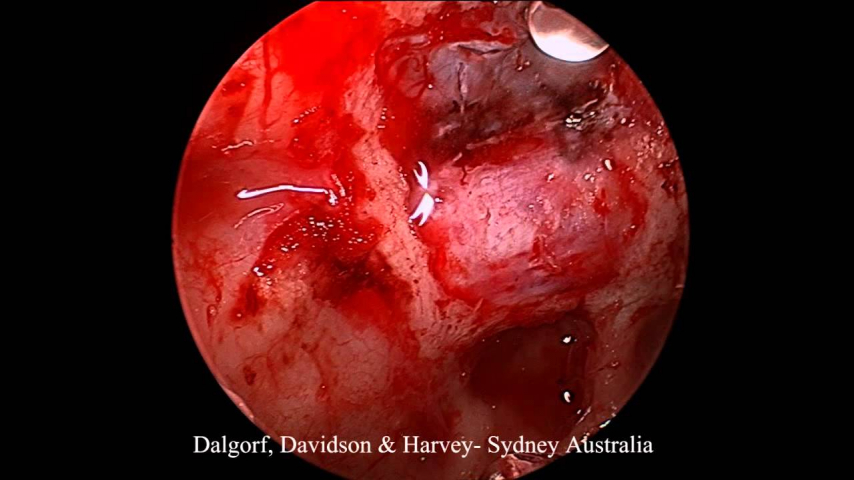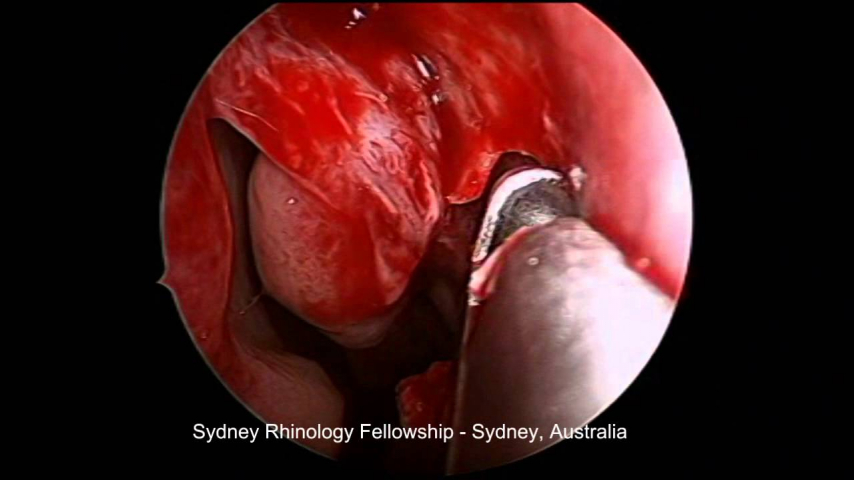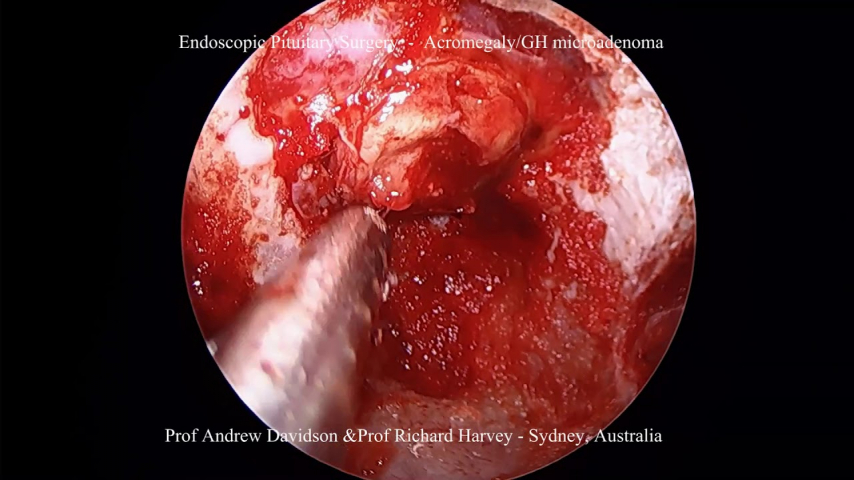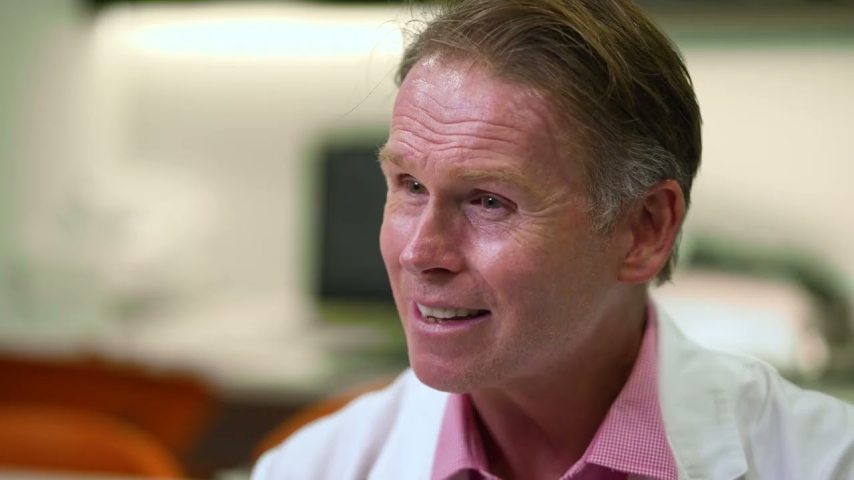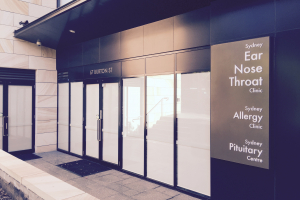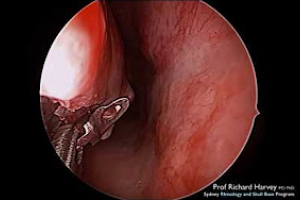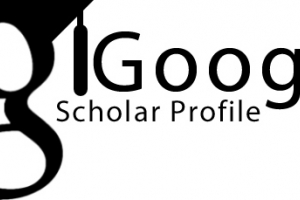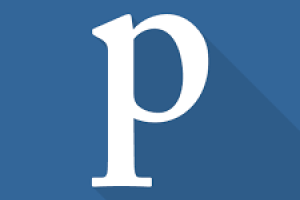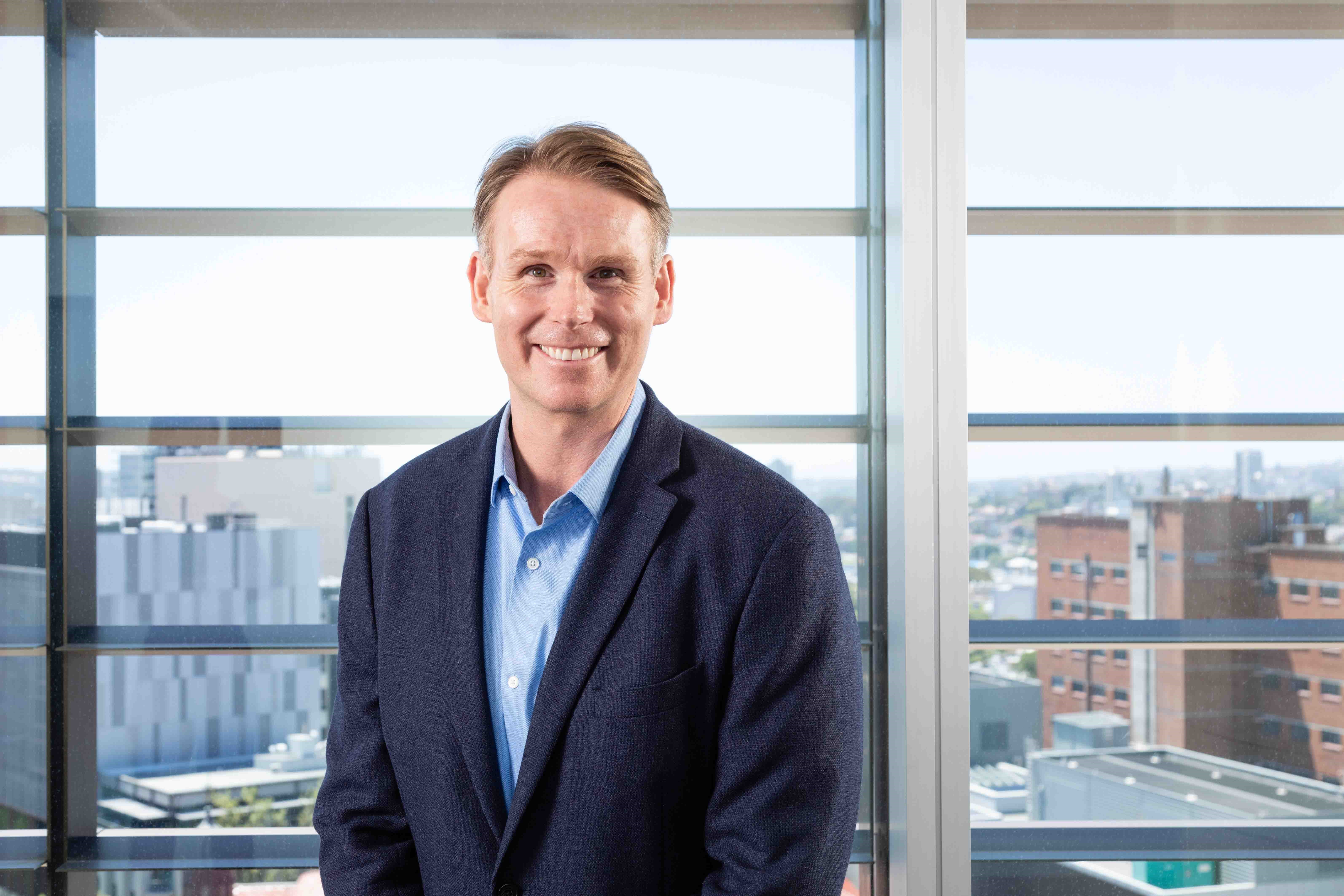
My Expertise
Inflammatory sinus disease, allergy, disorders of nasal breathing, rhinoplasty, nasal reconstruction, tumours of the nose,sinus and skull base, pituitary tumours, chordoma, chondrosarcoma, craniopharyngioma, rathke's cyst, nasal polyps and polyposis
Keywords
Fields of Research (FoR)
Clinical Sciences, Immunology, Surgery, Otorhinolaryngology, Respiratory Diseases, Solid TumoursSEO tags
Biography
Richard currently works as a dedicated rhinologist (nose, sinus, allergy and endoscopic sinus and skull base surgery) at Macquarie University and St Vincent’s Hospitals in Sydney. He is the program head of Rhinology & Skull Base Surgery at the Applied Medical Research Center of UNSW and is Professor at both the University of NSW and Macquarie University.
Richard is one of Australia’s most successful academic surgeons. Richard practices...view more
Richard currently works as a dedicated rhinologist (nose, sinus, allergy and endoscopic sinus and skull base surgery) at Macquarie University and St Vincent’s Hospitals in Sydney. He is the program head of Rhinology & Skull Base Surgery at the Applied Medical Research Center of UNSW and is Professor at both the University of NSW and Macquarie University.
Richard is one of Australia’s most successful academic surgeons. Richard practices in Sydney, Australia, as one of only a few dedicated rhinologists in the country. He has authored over 300 publications, books, book chapters and completed his PhD in trans-nasal skull base surgery.
Richard has a prolific career as a clinician researcher with a H-index over 60, which is an outstanding citation ranking for busy clinical surgeon in a niche field(1). Conjoint Professor Richard Harvey has been ranked as the top Australian researcher in otolaryngology in the past 4 years by The Research Special Report of The Australian newspaper(2). By any measure, Richard’s academic contribution is significant with inclusion in the Top 10 of all otolaryngology researchers in Australia and Top 100 researchers in the world(3). He also appears in Stanford’s list of Top 2% of scientists in the world(4, 5).
Richard has presented over 800 lectures and talks on sino-nasal disease management. He is the past Editor-in-chief of the Australian Journal of Otolaryngology (ww.w.TheAJO.com) as well as an associate editor for the Cochrane ENT disorders group currently and contributes to the editorial board for Rhinology Journal and other international journals. Prof Harvey is the current vice-president of the Australian & New Zealand Skull Base Society, past president of the Australian & New Zealand Rhinologic Society and the Australasian Academy of Facial Plastic Surgeons.
He is the recipient of the Australian Society of Otolaryngology Head & Neck Surgery Medal for Distinguished Contribution to the Art and Science of Otolaryngology Head and Neck Surgery, intended to recognize members providing outstanding OHNS services beyond their normal practice activities and the ESR Hughes Award from the Royal Australasian College of Surgeons for contributions to the profession. Along with training surgeons in both developed and emerging countries, Richard continues to run a series of courses in Sydney every year to further rhinologic education and training in Australia.
https://sydneyentclinic.com/richard-harvey/
1. Google Scholar. RIchard J Harvey: Google; 2023 [Available from: https://scholar.google.com/citations?user=3BES0DsAAAAJ&hl=en.
2. Dodd T, McCarthy P. Research Magazine. The Australian. 2019-2023.
3. Seah YGJ, Bonnici A, Carney AS. Australian contribution to global otolaryngology research: 2008-2018. ANZ J Surg. 2020;90(7-8):1381-5.
4. Dinavahi V. Top 2% of the world's scientists list compiled by Stanford University, 2022 2022 [Available from: https://elsevier.digitalcommonsdata.com/datasets/btchxktzyw/4.
5. Ioannidis JPA, Boyack KW, Baas J. Updated science-wide author databases of standardized citation indicators. PLoS Biol. 2020;18(10):e3000918.
My Grants
|
Grants & funding: |
||||
|
Title of project |
Source |
Date |
Duration |
Amount |
|
Sanofi Global Type 2 Pathways scheme: Spatial mapping of Dupilumab-induced molecular changes in nasal polyp eosinophilia and type 2 inflammation: towards optimised treatment
|
Sanofi |
2023 |
3 year |
$1.47m |
|
Australian Mepolizumab Registry for Chronic Rhinosinusitis with Nasal Polyps (AMR-CRSwNP) (CIA – Peter Gibson)
|
GSK |
2022 |
2 year |
$880,000 |
|
The effect of AIT on turbinate reduction surgery |
Stallergenes |
2021 |
3 year |
$55,000 |
|
GeoMx™ high plex spatial profiling to determine the mechanism of action for mepolizumab in refractory nasal polyposis. (CIA – Prof Nic West)
|
GSK |
2020 |
1 year |
$250,000 |
|
Tissue effects or Mepoluzimab in chronic rhinosinusitis with polyps |
GSK |
2019 |
2 year |
$55,000 |
|
Effects of topical Vitamin D on the epithelial responses to injury
|
ENT Technologies research (industry)
|
2016 |
1 year |
$17,500 |
|
APP1088778: Genetic stratification of tumours of the head, neck, pituitary and skull base – identifying prognostic and new therapeutic targets (CIA – Dinger, CIE – Harvey) |
Cancer Council NSW Project Grant RG15-19
|
2015 |
3years |
$360,000 |
|
Rhinitis research program |
Meda Pharmaceticals (industry) |
2015 |
1 year |
$15,000 |
|
Allergy sensitization patterns in Sydney |
Stallergenes |
2014 |
1 year |
$12,000 |
|
Olympus education programs |
Olympus |
2013 |
4 years |
$48,000 |
|
Air-liquid interface model in chronic rhinosinusitis and vitamin D metabolism in upper airway mucosa
|
ENT Technologies research support grant
|
2012 |
1 year |
$34,063 |
|
Establishment of an air-liquid interface cell culture model’ |
Curran Foundation Grant
|
2012 |
1 year |
$10,500
|
|
Educational training courses |
Medtronic Research Grant |
2011 |
5years |
$203,000 |
|
Rhinology tissue bank development |
Medtronic Research Grant
|
2011 |
3 years |
$25,000
|
|
Eotaxin expression and genotyping in chronic rhinosinusitis |
Garvan Institute of Medical Research |
2010 |
1 year
|
$11,750
|
|
Establishment of endoscopic training facility |
Karl Storz Equipment Grant
|
2010 |
1 year |
$400,000 |
|
Fluid residuals and drug exposure in nasal irrigation’ |
Neil Med Pharmaceuticals
|
2009 |
1 year |
$7,120 USD
|
|
Curran Foundation Grant
|
2009 |
1 year |
$19,950
|
|
|
Curran Foundation Grant
|
2009 |
1 year |
$18,000 |
|
|
The effects of delivery device and sinus surgery on topical distribution’ |
Neil Med Pharmaceuticals |
2008 |
1 year |
$10,104 |
My Qualifications
Professional Memberships: |
|
|
2009 - current |
American Rhinologic Society Fellow (inducted Oct 2009)
|
|
2024 - current |
American College of Surgeons Fellow (inducted Oct 2024)
|
|
2008 - current |
Australasian Rhinologic Society Member, Past-Secretary, Vice-President, President
|
|
2006 - current |
American Academy of Otolaryngology/Head & Neck Surgery International Fellow Member ID: 107669
|
|
2006 - current |
Australian Society of Otolaryngologists/Head & Neck Surgeons Ordinary Member, Past Vice-Chair, Past NSW Chair
|
|
2006 - current |
Australasian Academy of Facial Plastic Surgeons Member, Current Past President
|
|
2010 - current |
Australian Society of Clinical Immunologists and Allergist Fellow
|
My Research Activities
We are actively involved in teritary research at all levels of medical and surgical rhinologic care. Our projects involve both international collaborations, and multi-centre studies within Australia. Both Prof Harvey and our Director of Clinical Research, Raquel Alvarado, speak regularly at national and international meetings on rhinologic research.
Please contact either Prof Richard Harvey or Director of Clinical Research, Raquel Alvarado, if you would like more information about our research, or are interested in becoming involved in any of the projects listed below.
- Effects of biologic medications in airwway disease (CRS, eCRS, Type 2 inflammation)
- Diagnostic treatment protocols for rhinitis, sinusitis and tumours
- Novel topical therapies in CRS management
- DIagnosis and interventions for the perception of nasal obstruction
- Clinical outcomes in skull base surgery
- Pituitary tumour genetics, diagnosis, treatment and surgery
- Outcomes assessment for open rhinoplasty and endoscopic turbinate reduction
- Basic and clinical science to the eitiopathogensis of CRS
- A tissue bank program allowing a range of other research projects
Contact Director of Clinical Research, Raquel Alvarado, on +61 2 9360 4811 to get involved in any of our current studies.
Meetings are held on alternate Wednesdays from 5:30pm in the Level 9 conference room at St Vincent’s Centre for Applied Medical Research (AMR), entrance at 405 Liverpool St.
If entering the building after 5pm, you will need swipe access to get in the front doors and also up the lift. Please call the Director of Clinical Research, Raquel Alvarado, or Richard, 0410 607 630, for access. For OH&S reasons, if you do not have a SVMHS swipe card, you must sign in to the AMR visitor book.
My Research Supervision
Supervision keywords
Areas of supervision
Project title: Mechanism of upper aireay allergic inflammation.
Discipline: Immunology
Project level: ILP and Honours
Supervisors: Associate Professor Bill Sewell & Professor Richard Harvey
Project commencement: Variable
Currently supervising
Supervised (or co-supervised):
Doctor of Philosophy candidates1-7
- Snidvongs K. Corticosteroid nasal irrigations after endoscopic sinus surgery for recalcitrant chronic rhinosinusitis [PhD]. Macquarie University: Faculty of Medicine and Health Sciences, Macquarie University; 2013.
- Sacks PL. Prognostic biomarkes in HPV positive neoplasia of the upper aerodigestive tract [PhD]. UNSW: Faculty of Medicine, University of New South Wales; 2016.
- Lai L. The Evolution of intracranial aneurysm surgery through history, contemporary practices and continuing innovations [PhD]. Macquarie University: Faculty of Medicine and Health Sciences, Macquarie University; 2014.
- Ho J. Biomarkers in chronic rhinosinusitis [PhD]. UNSW: Faculty of Medicine, University of New South Wales; 2017.
- Hamizan AKW. Entopy and local IgE in rhinitis [PhD]. UNSW: Faculty of Medicine, University of New South Wales; 2015
- Do T. Assessment of Intranasal vascularity and its clinical implicaitons [PhD]. UNSW: Faculty of Medicine, University of New South Wales; 201
Masters of Surgery candidates1-6
- Rom D. The impact of the microbiome on measures of disease severity in chronic rhinosinusitis Faculty of Medicine. Newtown: University of Sydney, 2017:25.
- Parmar P. Quality of Life Impact of Skull Base Surgery and Septal Flap Reconstruction Faculty of Medicine. Newtown: University of Sydney, 2012:19.
- Nalavenkata S. Long term outcomes following primary treatment of esthesioneuroblastoma Faculty of Medicine. Newtown: University of Sydney, 2015:19.
- Loh TL. Vidian Neurectomy: Implications of Nasal and Ocular Function School of Surgical Sciences. Edinburgh: Royal College of Surgeons of Edinburgh, 2015:19.
- Bhatia D. Proposal of a New Method for Objective Endoscopic Assessment of The Minimal Cross Sectional Area at The Nasal Valve Using Digital Imaging Faculty of Medicine. Newtown: University of Sydney, 2014:19.
- Ahmadi N. Intranasal corticosteroid use and intraocular pressure, glaucoma, and other ocular adverse events Faculty of Medicine. Newtown: University of Sydney, 2014:19.
Honour’s Student candidates1-13
- Wilkinson A. Prognostic Factors in Pituitary Neoplasia: Towards a Better Understanding of Pituitary Neoplasia. Faculty of Science, School of Medical Sciences. Kensington: University of New South Wales, 2015:59.
- Strazdins E. The impact of mental health on rhinoplasty outcomes Faculty of Medicine. Kensington: University of New South Wales, 2015:59.
- Pratt E. An investigation of tissue IgE antibody sequences School of Biotechnology and Biomolecular Sciences. Kensington: University of New South Wales, 2009:59.
- Palesy T. The diagnosis and management of external nasal valve stenosis and collapse Faculty of Medicine. Kensington: University of New South Wales, 2013:59.
- Mo S. Unilateral Nasal Peak Inspiratory Flow Faculty of Medicine. Kensington: University of New South Wales, 2017:40.
- Lam M. Eosinophilic inflammatory mediators in Chronic Rhinosinusitis Faculty of Medicine. Kensington: University of New South Wales, 2010:59.
- Joseph M. Clinicomorphological predictors of secondary headache and the outcome of endoscopic transphenoidal surgery Faculty of Medicine. Kensington: University of New South Wales, 2017:80.
- Imrie A. Immunohistochemistry Analysis of Interleukin-25 and Interleukin-33 in Chronic Rhinosinusitis with Nasal Polyps School of Medicine. Darlinghurst: University of Notre Dame, 2014:59.
- Ho J. Nuocyte immunohistochemistry in patients with chronic inflammatory sinusitis (CRS) Faculty of Medicine. Kensington: University of New South Wales, 2011:5
- Ende JA. Environmental Responses from Viral Infected Respiratory Epithelial Cells Faculty of Medicine. Kensington: University of New South Wales, 2015:59.
- Cheng J. Relative Expression of 1,25-Dihydroxyvitamin D3 Receptor, Vitamin D 1-Hydroxylase, Vitamin D 24-Hydroxylase, and Vitamin D 25-Hydroxylase in chronic rhinosinusitis Faculty of Medicine. Kensington: University of New South Wales, 2013:59.
- Azer M. Identification of potential diagnostic markers for reflux-associated non-allergic rhinitis Faculty of Medicine. Kensington: University of New South Wales, 2017:59.
- Ahmadzada S. Effects Of Allergen Exposure And Environmental Pollution On Human Respiratory Epithelium In Chronic Rhinosinusitis School of Medicine. Darlinghurst: University of Notre Dame, 2014:59.
Medical Student Independent Learning Project (ILP) candidates1-13
- Yeung K. Radiologic characteristics of CRS subtypes Faculty of Medicine. Kensington: University of New South Wales, 2013:59.
- Saricilar EC. Impact of multisdisciplanary team review and patient care on outcomes in pituitary surgery Faculty of Medicine. Kensington: University of New South Wales, 2017:29.
- Saricilar EC. Optimizing cell harvest from nasal brushings for determining local allergy responses Faculty of Medicine. Kensington: University of New South Wales, 2016:59.
- Sacks PL. Topical or systemic antifungal therapy for the symptomatic treatment of CRS or AFS: meta-analysis Faculty of Medicine. Kensington: University of New South Wales, 2010:59.
- Ramali R. Objective Airflow Outcomes of Rhinoplasty: Symmetry of nasal airflow and cosmesis Faculty of Medicine. Kensington: University of New South Wales, 2014:59.
- Nie YF. Surgery and age as predictive factors for outcomes after open rhinoplasty and reconstructive nasal surgery Faculty of Medicine. Kensington: University of New South Wales, 2015:59.
- McLachlan R. Serum vitamin D levels and clinicopathological measures of disease severity in chronic inflammatory rhinosinusitis Faculty of Medicine. Kensington: University of New South Wales, 2011:59.
- Matchett IAC. Inflammation in the post-tumour resection cavity and the influence of inhalant allergy Faculty of Medicine. Kensington: University of New South Wales, 2016:59.
- Ma SW. Impact of topical Vitamin D on epithelial response to environmental injury Faculty of Medicine. Kensington: University of New South Wales, 2016:5
- Kim J-H. The development of an air-liquid interface cell culture model Faculty of Medicine. Kensington: University of New South Wales, 2013:59.
- Hull L. Eotaxin polymorphism and clinical severity in Chronic Inflammatory Rhinosinusitis Faculty of Medicine. Kensington: University of New South Wales, 2011:59.
- Gupta SS. Alar base reduction in rhinoplasty: impact on cosmesis and function Faculty of Medicine. Kensington: University of New South Wales, 2016:59.
- Cho J. Sinonasal Function Following Pituitary Surgery via Endoscopic, Transnasal/septal Microscopic, or Sublabial Microscopic Approach Faculty of Medicine. Kensington: University of New South Wales, 2013:59.
My Engagement
|
Administrative Activity:
|
|
|
National |
|
|
2017 –
|
Editor-in-Chief, Australian Journal of Otolaryngology AME Publishing and ASOHNS
|
|
2010 - 2015
|
Member of the Human Research Ethics Committee (HREC) St Vincents Hospital Lead HREC and HOMER oversight group
|
|
2012 – current
|
Elected Member of the NSW Regional Committee, Royal Australasian College of Surgeons Executive committee 2014-15
|
|
2012 – current
|
Australasian Society of Clinical Immunology & Allergy (ASCIA) workgroup on rhinitis and immunotherapy
|
|
2012 – current
|
Editorial Board, Journal of Laryngology & Otology, Australian Supplement
|
|
2014 – current
|
Editor, Journal of Laryngology & Otology, Australian Supplement
|
|
2014 - |
National allergy Taskforce (in conjunction with ASICA) Research Committee |
|
2014-2016 |
Australian Society of Otolaryngologists/Head & Neck Surgeons Vice chair NSW |
|
2016- 2018 |
Australian Society of Otolaryngologists/Head & Neck Surgeons NSW Section chair |
|
International |
|
|
2012-2013 |
Invited member of the European Position Paper on Rhinosinusitis workgroup EPOS 2012 update
|
|
2011 – 2015
|
Associate Editor, American Journal of Allergy and Rhinology Oceanside Publishers
|
|
2011 – current
|
Editorial Board, International Forum of Allergy and Rhinology Wiley Press
|
|
2010 – current
|
Editorial Board, Rhinology Journal European Rhinologic Society publishers
|
|
2011 – current
|
Associate Editor, Cochrane ENT Disorders Group
|
|
2012 – current
|
International Committee American Academy of Otolaryngology, Head & Neck Surgery
|
|
2013 – current
|
Research Committee American Rhinologic Society
|
|
2012 – current
|
Fellowship Committee American Rhinologic Society
|
|
2015 |
Scientific Convener The 2015 Australia & New Zealand Rhinologic Society Conference Hilton Hotel, Queenstown, New Zealand April 10-12th
|
Location
Clinical Unit: 67 Burton St, Darlinghurst, NSW 2010
Map reference (Google map)
Publications
ORCID as entered in ROS
Videos
